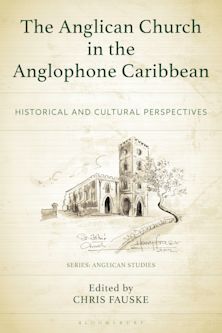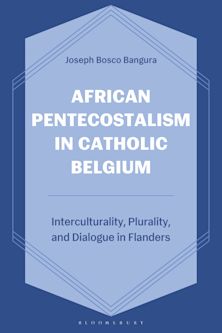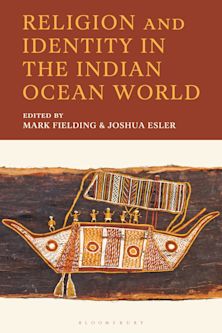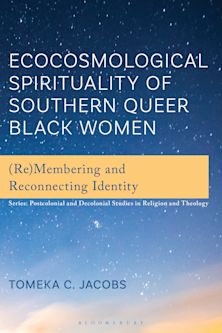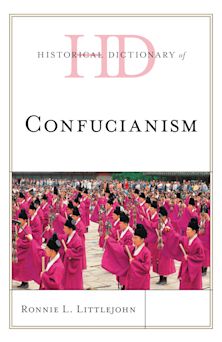- Home
- ACADEMIC
- Religious Studies
- Religious Studies - Other
- Natural Law
You must sign in to add this item to your wishlist. Please sign in or create an account
Description
Author Alberto M. Piedra lucidly illustrates the notion of "natural law" through the examination of economic, social, political, and cultural issues. In this work Piedra draws on classical and Christian sources as well as his personal experience as an economist, diplomat, and lecturer on world politics to address philosophical views in a constructive and morally guided exegesis of natural law and economics. This innovative book shows the value of appeals to a governing, natural law and attendant principles such as the common good, subsidiarity, hierarchy, spiritual welfare, the reciprocity of freedom and authority, and the cultivation of personal moral and intellectual virtue. Natural Law will appeal to scholars, professionals, and others interested in the cultivation of personal moral and intellectual virtue.
Table of Contents
2 Chapter II: Human Nature and the Dignity of the Human Person
3 Chapter III: The Classical School and the Birth of Capitalism
4 Chapter IV: The Romantic and Socialist Reactions to the Industrial Revolution
5 Chapter V: Neoclassicism, the Keynesian Revolution and Other Sources of Dissent
6 Chapter VI: The Metaphysical Dimensions of Man: Their Ethical Implications
7 Chapter VII: The Fundamental Issue of Human Work
8 Chapter VIII: Population, the Welfare State, and the Challenge of the Environment
9 Chapter IX: The Challenge of Globalization
10 Epilogue
Product details
| Published | Nov 20 2004 |
|---|---|
| Format | Ebook (PDF) |
| Edition | 1st |
| Extent | 224 |
| ISBN | 9798216324669 |
| Imprint | Lexington Books |
| Series | Studies in Ethics and Economics |
| Publisher | Bloomsbury Publishing |
About the contributors
Reviews
-
Piedra's book is an impressive application of natural law thinking to areas not usually explored by political philosophy such as economic theory, demographics, and globalization. The strong emphasis upon philosophical anthropology and ethics provides the reader with perspective on key issues and theories in economics. The critique of Keynesian economics is particularly illuminating.
John Hittinger, U.S. Air Force Academy
-
Joseph Schumpeter and Nobel laureate F. A. Hayek correctly pointed out that the tradition of natural law, as presented by the great Late Scholastic authors, gave rise to the development of economic science. By expanding on the richness of the natural law tradition, this book gives new inspiration for an economic system based on sound economics and the dignity of the human person.
Alejandro A. Chafuen, author of Faith and Liberty
-
Piedra writes in the tradition of Thomas Aquinas, Jacques Maritain, and other Catholic natural law theorists. Libraries serving this audience will want to acquire this book. Recommended.
Choice Reviews
-
Alberto Piedra deftly shows why a few old truths can solve many modern problems. His argument for natural law is not a plea for a return to the past, but a demonstration of something that we need if we want a prosperous and authentically humane future.
Robert Royal, Ethics and Public Policy Center


















